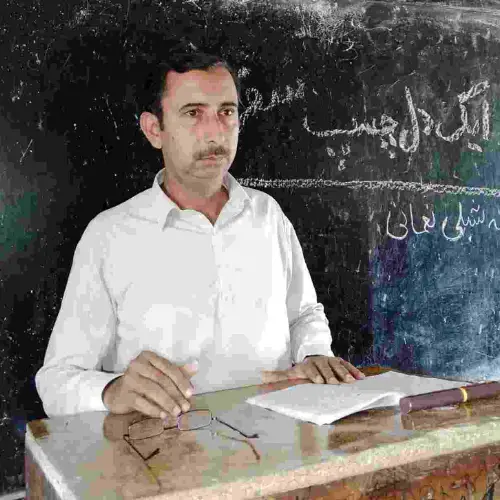Simple means easy to understand
Present means Now
Tense means Time
Simple Present Tense: It is a type of sentence which has a function to express an activity or fact that occurs in the present time, and structurally or its arrangement, simple present tense uses only one verb.
It is one of the forms of verb tenses. It simply describes the actions, truths(facts), future and situations. Simple present tense is very easy to form and uses base form of the verb.
It is a verb tense. A ‘verb’ is an action word. The ‘tense’ is the time of the action. The ‘present’ is now. It shows how the past is connected to the present/now
Structure:
Structure of the simple present tense affirmative is as under,
Subject + Base Form(V1)+’s’ or ‘es’ + rest of the sentence
If the subject is he, she or it, there is addition of ‘s’ or ‘es’ with base form. For example, She eats apples.
If the subject is you, we, they or any plural form, only base form is used. For example, They eat apples.
Structure of Simple Present Tense Negative:
Subject + do not / does not + base form + rest of the sentence.
If the subject is singular we use ‘does not’ while with the plural, we use ‘do not’. For example,
- He does not eat grapes daily.
- They do not eat grapes daily.
Structure of Simple Present Tense Interrogative :
Do / Does + subject + base form + rest of the sentence +?
Interrogative sentences start with ‘do’ or ‘does’. For example,
- Does he eat grapes daily?
- Do they eat grapes daily?
Usage:
Use of Simple Present in English for:
1. Something which is true or factual –
1.1 General – “Bangladeshi people eat a lot of rice.”
1.2 Permanent – “I am a policeman.” “He is a father.”
1.3 Mathematical/scientific – “One plus one equals two.” “Water boilies at100c.”
1.4 Habitual – “I drink milk every night.”
1.5 Recurring – “It rains every summer.”
1.6 Eternal/Unvarying – “The Bible says ‘You must not kill’.”
1.7 Mental state – “I think he is very kind.”
2 Describing Feelings and Senses – “I feel very cold.” “I m freezing.”
3 Giving instructions, directions or demonstrations – “Open the school bag on the table, take out the copy of math and solve exercise 2.5.”
4 Media (newspapers, radio announcements, television broadcasts) – “Earthquake hits India.”
5 Timetables – “The train leaves at 10:00 PM.”
6 After ‘when’ or ‘if’ to form a time clause (also called the ‘General or Zero Conditional) – “I like to sky when it snows.” “When it snows, I like to sky.” Note the comma in the second example.
Examples
Affirmative Sentences
- Aslam helps me.
- Teacher talks to his students regularly.
- We walk daily early in the morning.
- They discuss poetry in the class.
- He takes exercise regularly.
Negative Sentences
- I do not like singing.
- He does not do his home work.
- The garden does not look attractive.
- He does not attend his class regularly.
- They do not talk to each other.
Interrogative Sentences
- Do you like singing?
- Does he belong to china?
- Do they perform their duties honestly?
- Does he attend his class regularly?
- Does he take exercise regularly?
Exercises
- Do you ________ how to speak Balochi? (know)
- She ________ as Nurse in this Hospital. (works)
- I do not _______ singing. (like)
- The sun _______ in the west. (set)
- He does not _______ story. (write)
- Mudasir ______ his room everyday. (cleans)
- I ______ up at 5:00 am every morning. (wake)
- Yasir does not _______ his car. (drive)
- Do you ______ song? (sing)
- They ______ books late night. (read)
- Do you_______ sugar free cake.(eat)
- He _____ to school at 8:00 am. ( Goes)
Answers
- know
- works
- like
- sets
- write
- cleans
- wake
- drive
- sing
- read
- eat
- Goes
Worksheet
1. My brother _____ me . (helps)
2. Waseem ______ to karachi . ( goes )
3. I _____ milk every night. (drink )
4. We ______ TV . (watch)
5. They do not ____ cricket game . (play)

Hi, My name is Zulfiqar Ali. I am a teacher and having 22 years teaching experience. I am M.Phil(Urdu) M.Ed, LLB.